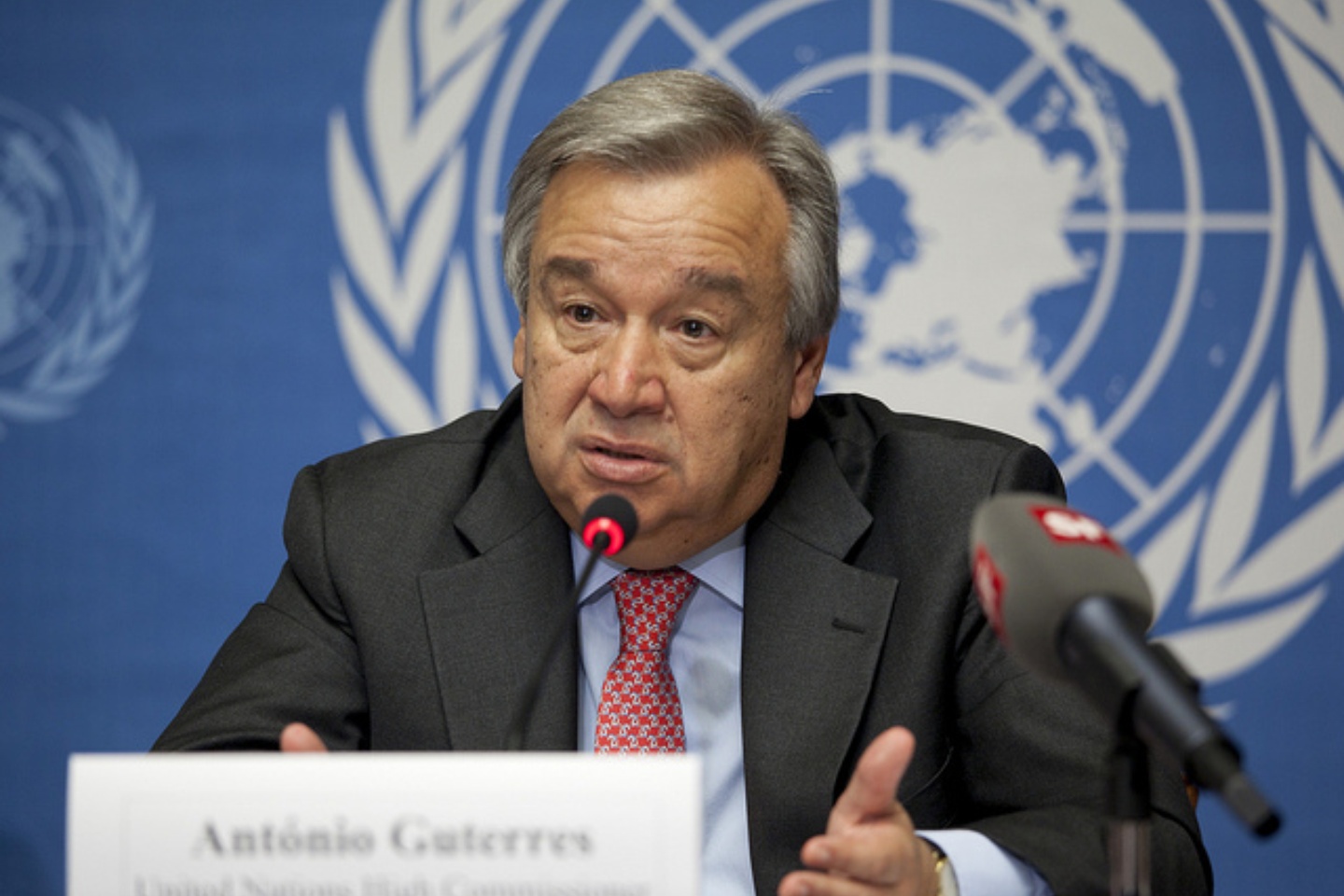On World Population Day Focus Is On Protecting Women's Rights Amid Pandemic
1.jpg)
Officially, the COVID-19 pandemic has sickened 12 million people and left more than half a million dead. But the full toll of this catastrophe has been incalculably greater. Health systems have been overwhelmed. Economies have been shuttered. And women and girls have been disproportionately affected, with sexual and reproductive health services being curtailed and gender-based violence on the rise, states the United Nations Population Fund (UNFPA)
"Today, 11 July, is World Population Day, a moment to raise awareness of the sexual and reproductive health needs of people around the world. This year, UNFPA is calling attention to the needs and vulnerabilities of women and girls amid the global pandemic, and the efforts needed to secure their health and human rights.No organization or country can do this alone,” said Dr. Natalia Kanem, UNFPA’s Executive Director, in a statement.
Heightened risks to women Around the world, women face a variety of heightened risks due to the pandemic. Front-line health workers – the majority of whom are women – face a direct risk of illness from COVID-19, for instance. But women and girls outside the health sector face serious risks, too. Those requiring sexual and reproductive health services may face anxiety about exposure to the virus while seeking care – or they may forgo care entirely. Others have lost access to care all together due to movement restrictions and curbed health services. Many hospitals and health centres are reporting declines in the number of women and girls receiving critical sexual and reproductive health care, including antenatal services, safe delivery services and family planning. "The COVID-19 pandemic affects everyone, everywhere, but it does not affect everyone equally. It is deepening existing inequalities and vulnerabilities, particularly for women and girls", said UN Secretary-General, Antonio Guterres. With many countries on lockdown and health systems struggling to cope, sexual and reproductive health services are being sidelined and gender-based violence is on the rise. The United Nations Population Fund (UNFPA) projects that if lockdown measures continue for six months with major disruptions to health services, 47 million women in low- and middle-income countries may not be able to access modern contraceptives, resulting in 7 million unintended pregnancies. Some 31 million additional cases of gender-based violence can also be expected.
.jpg)
Heightened risks to women Around the world, women face a variety of heightened risks due to the pandemic. Front-line health workers – the majority of whom are women – face a direct risk of illness from COVID-19, for instance. But women and girls outside the health sector face serious risks, too. Those requiring sexual and reproductive health services may face anxiety about exposure to the virus while seeking care – or they may forgo care entirely. Others have lost access to care all together due to movement restrictions and curbed health services. Many hospitals and health centres are reporting declines in the number of women and girls receiving critical sexual and reproductive health care, including antenatal services, safe delivery services and family planning. "The COVID-19 pandemic affects everyone, everywhere, but it does not affect everyone equally. It is deepening existing inequalities and vulnerabilities, particularly for women and girls", said UN Secretary-General, Antonio Guterres. With many countries on lockdown and health systems struggling to cope, sexual and reproductive health services are being sidelined and gender-based violence is on the rise. The United Nations Population Fund (UNFPA) projects that if lockdown measures continue for six months with major disruptions to health services, 47 million women in low- and middle-income countries may not be able to access modern contraceptives, resulting in 7 million unintended pregnancies. Some 31 million additional cases of gender-based violence can also be expected.

Every year, millions of girls are subjected to practices that harm them physically and emotionally, robbing them of their right to reach their full potential. According to the State of World Population 2020, recently released by UNFPA, more than 4 million girls will be subjected to female genital mutilation and 12 million forced to marry this year. Lockdowns stemming from the pandemic are expected to make matters even worse. "Decades of experience and research show that bottom-up, grassroots approaches aimed at addressing gender-biased norms and attitudes, can bring change. Through international declarations and agreements, including the 2030 Agenda for Sustainable Development and the Programme of Action of the International Conference on Population and Development, the international community has committed to ensuring universal access to sexual and reproductive health care, eliminating the unmet need for contraception, and ending all forms of violence against women and girls, including harmful practices, by 2030. We cannot allow the pandemic to reverse progress we have made towards these goals", Guterres remarked .
Latest Videos
















